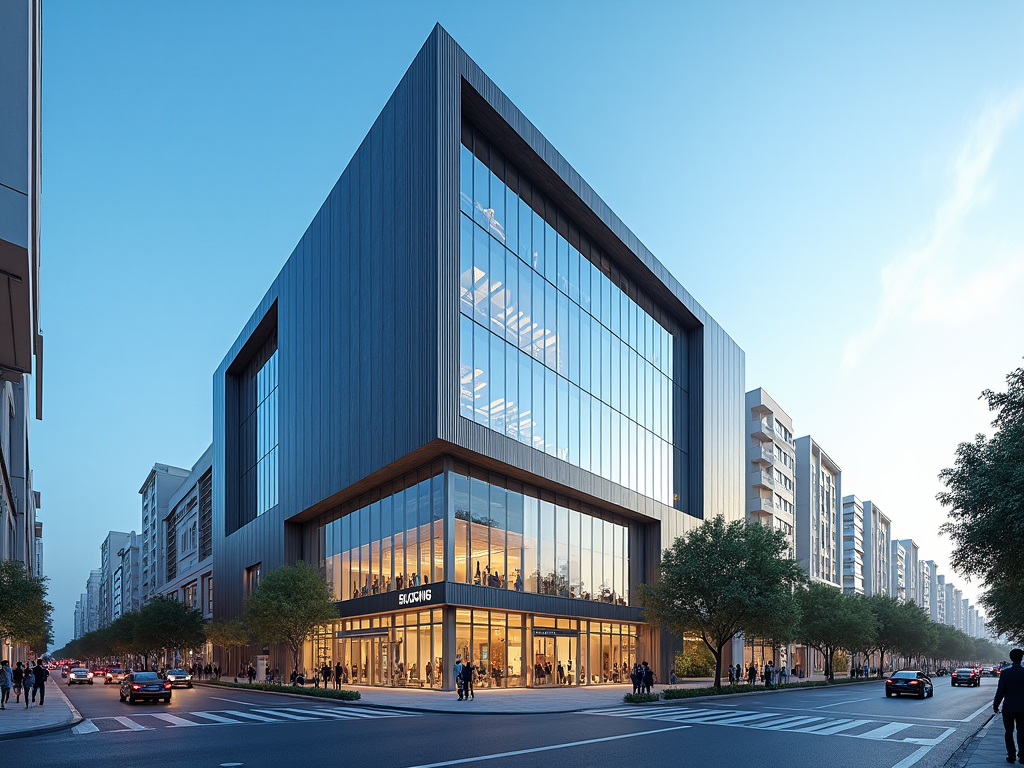
Commercial Real Estate Leasing in Dubai: Key Considerations
When considering commercial real estate leasing in Dubai, several key factors must be taken into account to ensure a successful investment or business operation. From understanding the local market trends to navigating legal frameworks, each aspect plays a crucial role in securing the right property. Dubai’s dynamic commercial real estate sector offers various options, making it vital for investors and business owners to stay informed. This article explores essential considerations to help you make well-informed decisions when leasing commercial properties in this thriving metropolis.
Understanding the Local Market Trends

Dubai’s commercial real estate market is continuously evolving due to rapid urban development, economic diversification, and increasing foreign investment. To effectively lease a commercial property, it’s essential to understand the current market dynamics. Key trends to watch include:
- Demand and Supply: Analyze the balance between the supply of commercial spaces and the demand from businesses. Areas like Downtown Dubai and Dubai Marina often see higher demand.
- Rental Rates: Keep an eye on rental price developments. Rental rates may fluctuate based on location, market conditions, and property type.
- New Developments: Being aware of upcoming projects can help you identify opportunities and potential future expansions in your target area.
- Government Regulations: Changes in laws or regulations can significantly impact the commercial lease landscape. Stay updated on local legislation.
- Economic Indicators: Factors such as GDP growth, tourism rates, and international trade volumes can affect leasing trends and should be regularly reviewed.
Legal Considerations

Leasing commercial real estate in Dubai is governed by specific laws and regulations that both landlords and tenants must understand. The primary legal framework includes the Dubai Lease Law, which provides guidelines on lease agreements and tenant rights. Key legal considerations include:
- Lease Agreement: Ensure the lease agreement specifies all terms, including duration, rent amount, maintenance responsibilities, and termination clauses.
- Registration of Lease: All leases must be registered with the Real Estate Regulatory Agency (RERA) to prevent disputes.
- Security Deposits: Landlords typically request a security deposit that is often equivalent to one or two months’ rent; understanding how this is managed is crucial.
- Rent Increases: Familiarize yourself with rules regarding rent increases, which are capped based on the duration of the lease and local laws.
- Dispute Resolution: Know the procedures for resolving any disputes that may arise during the lease term, including mediation and arbitration options.
Choosing the Right Location
The success of a commercial venture is greatly influenced by its location. Dubai is home to numerous business districts, each offering unique advantages. When selecting a location, consider the following factors:
- Accessibility: Ensure the property is easily accessible by major roads and public transport. Proximity to airports can also enhance business prospects.
- Target Market: Analyze your target audience and potential client base in relation to the area. Being within reach of your customers is vital.
- Competition: Evaluate the competitive landscape in the chosen locality, as being surrounded by similar businesses can either enhance visibility or breed competition.
- Reputation: The reputation of the area plays a role in attracting clients. High-profile neighborhoods may lend credibility to your business.
- Supportive Infrastructure: Check for nearby amenities such as banks, hotels, restaurants, and other facilities that can facilitate business operations.
Leasing commercial real estate involves various financial considerations that can impact your budget and long-term financial planning. Before signing a lease, assess the following aspects:
- Initial Costs: Be prepared for upfront costs, including the first month’s rent, security deposit, and potential fit-out expenses.
- Ongoing Expenses: Understand your ongoing financial obligations, such as utilities, maintenance, and property management fees.
- Negotiation Opportunities: Lease negotiations can result in favorable terms. Look for rent-free periods or renovations included in the lease.
- Tax Implications: Familiarize yourself with tax liabilities associated with commercial leasing, including property taxes and VAT.
- Exit Strategy: Consider the long-term implications of your lease. Understand how breaking the lease or transferring it can impact your finances.
Conclusion
Leasing commercial real estate in Dubai offers promising opportunities for both local and foreign investors. Yet, each decision should be made with careful consideration of market trends, legal frameworks, suitable locations, and financial implications. By thoroughly understanding these factors, you can embark on your commercial leasing journey with confidence, positioning your business for growth and success in one of the world’s most dynamic real estate markets.
Frequently Asked Questions
1. What are the costs associated with leasing commercial property in Dubai?
Typical costs include upfront rent, security deposits, maintenance fees, and utility expenses. It’s advisable to budget for both initial and ongoing costs to avoid surprises.
2. How long does the leasing process typically take?
The leasing process can vary, but it generally takes between a few weeks to a couple of months, depending on negotiations, paperwork, and property availability.
3. Are there specific laws for commercial leases in Dubai?
Yes, commercial leases in Dubai are primarily governed by the Dubai Lease Law, which outlines tenant rights, rent increase regulations, and lease duration terms.
4. Can foreign investors lease commercial property in Dubai?
Yes, foreign investors can lease commercial properties in Dubai, often benefiting from support initiatives aimed at attracting international businesses.
5. What factors should be considered when choosing a location for commercial leasing?
Consider accessibility, target market proximity, competition, the area’s reputation, and available infrastructure when selecting a location for leasing commercial property.


